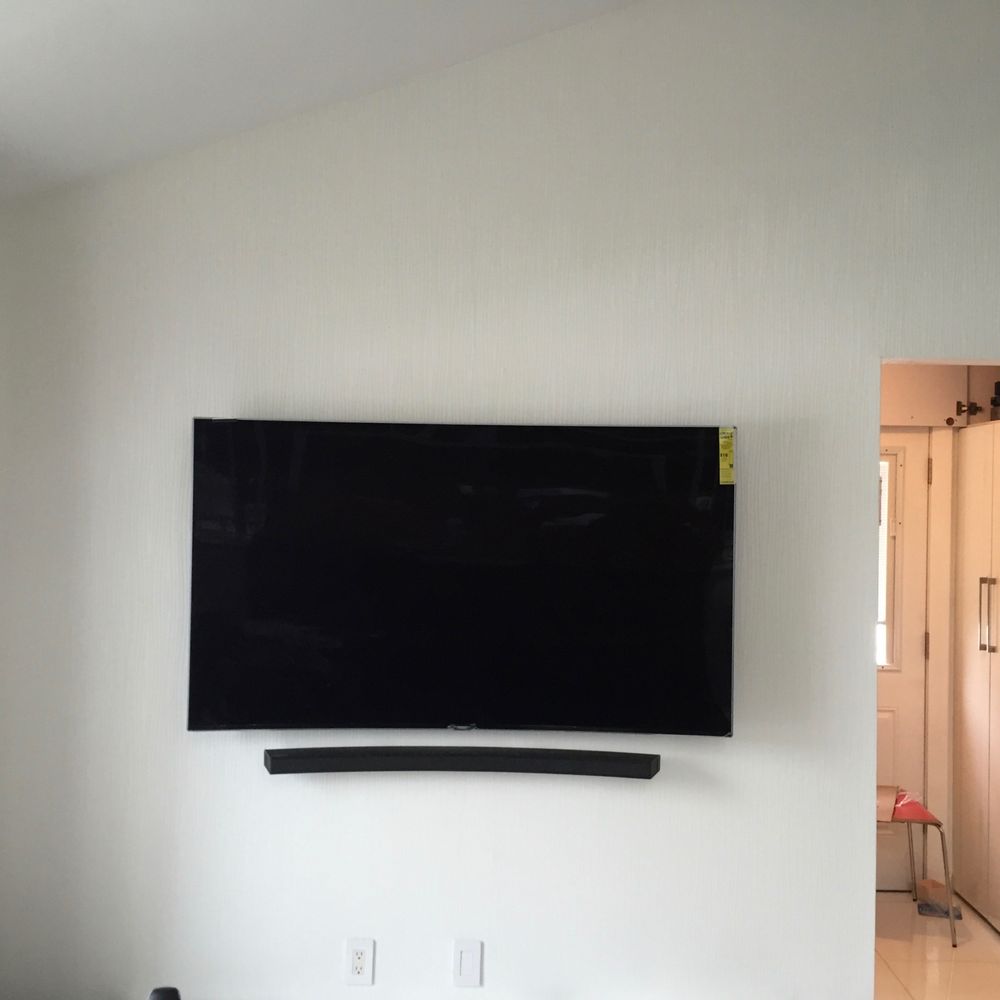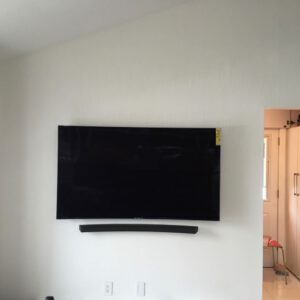When a loved one dies, there are certain financial and legal matters that must be settled. This is known as probate and it includes the division of assets and payment of debts.
A probate attorney at Koestner & Shahon is someone who can assist you with these issues. They can help you file a petition with the surrogate court, take inventory of assets, notify creditors, and pay debts.
A probate attorney handles the legal and financial aspects of settling a deceased person’s estate. They are licensed attorneys specializing in this area of law and work closely with executors and beneficiaries to ensure that all legal obligations are met.
There are many reasons why people may need a probate lawyer. For example, if the deceased left a complex will, they may need help understanding and interpreting the terms. A probate lawyer can also assist with heir-ship determinations based on state inheritance laws.
In addition, a probate attorney can also help people avoid probate by using trusts. However, it’s important to note that not everyone needs a probate attorney. Some people can easily manage their own estate, especially if they have very simple assets or property. Others prefer to hire a professional to get peace of mind and ensure that all their wishes are fulfilled.
Probate can be a complex and time-consuming process. A probate attorney can help their clients get through this difficult period with as little stress as possible. They can also assist with other estate-related issues like trust administration and planning.
To become a probate attorney, a person must earn a bachelor’s degree in a related field and complete law school. Then, they must pass the bar exam in their state. Additionally, most states require probate attorneys to have experience with estate planning. This experience can help them provide more comprehensive services to their clients.
Those who want to be a probate attorney must also be familiar with the state’s estate law. This includes the Uniform Probate Code and other relevant state laws. These laws determine how estates are settled and the validity of wills. It’s also helpful for a probate attorney to be a member of the American College of Trust and Estate Counsel (ACTEC). This is an honorary association that indicates extensive knowledge of estate law.
Some people choose to hire a probate lawyer for limited representation. This means that the attorney is only responsible for specific duties, such as paying taxes or obtaining court approval for certain transactions. In these cases, the attorney will likely be paid a percentage of the estate value. This fee is typically deducted from the estate before it’s distributed to beneficiaries.
Education Requirements
When someone dies, their legal title to property is transferred through a court-supervised process called probate. This includes settling the estate’s debts and distributing assets to beneficiaries. A probate attorney helps executors and beneficiaries navigate the process, which can be complicated if there’s a dispute over the will or other estate documents.
In order to become a probate lawyer, you must first earn a bachelor’s degree from an accredited college or university. You can choose a field of study such as pre-law, sociology or political science, depending on your interests. Obtaining a degree in one of these areas can help you prepare for law school, which is the next step on your career path. Law school is where you’ll spend the majority of your time learning about the legal system and the responsibilities of being an attorney.
After law school, you must take and pass your state’s bar exam to be licensed to practice. This process requires a thorough understanding of the law and ethics. Once you’re licensed, you can start working as a probate attorney.
Probate is a complicated, lengthy and expensive process. Hiring a probate attorney can ease the stress of dealing with an estate, as well as save you time and money. An experienced probate attorney can also ensure that all legal procedures are followed and the deceased’s wishes are carried out.
If you’re interested in becoming a probate attorney, consider joining a local or national association of estate attorneys. These groups can provide a network of colleagues and mentors, as well as offer valuable information about the latest legal developments in estate planning.
Before hiring a probate attorney, be sure to check their website for detailed information about their experience and qualifications. Also, make sure that they only specialize in probate law, as attorneys who practice in other areas may not be familiar with the nuances of this type of case. You should also find out whether they have a history of representing clients in similar situations as yours. This will help ensure that they’ll be able to handle your case successfully and efficiently.
Experience Requirements
A probate attorney’s experience in estate matters is a factor to consider when selecting someone to handle your case. Inexperienced attorneys may not have the requisite skills to manage complex cases efficiently, leading to extended delays and unnecessary costs. Ask prospective attorneys about their previous experience with estate law and how long they have been in practice.
The type of assets a deceased person leaves behind also influences the need for a probate lawyer. Common assets include a home, bank accounts and household belongings. More complex assets, such as businesses and commercial real estate, require professional help to evaluate, appraise and sell. Heirs often disagree on various aspects of an estate, resulting in disputes that can lengthen the probate process. A probate lawyer can mediate these conflicts and make sure that all heirs are properly represented.
While any attorney can handle probate matters, it’s best to select a probate attorney with specific expertise in estate law. Probate and estate planning attorneys have a thorough understanding of the laws that govern these processes, as well as the local court systems where they practice.
In addition to their expertise in estate law, a probate lawyer should have strong communication and problem-solving skills. This is because they must interact with clients, family members and others in a sensitive manner. They also use their communication skills when writing and drafting important legal documents such as wills and guardianship applications.
A good probate attorney is also a networker. This means they have relationships with other professionals in their field, including financial managers and insurance specialists. They should be able to build these connections to gain more clients and offer greater support for their probate clientele. They should also be able to keep up with the latest developments in estate law, so they can provide their clients with the most up-to-date information and solutions.
Fees
When someone dies, their assets must be shared in accordance with the stipulations expressed in their will and in strict compliance with local laws. To ensure that this is done properly, some individuals enlist the help of a probate attorney. These professionals charge a fee for their services, which is usually paid out of the estate’s funds. The amount of the fee can vary, depending on state law and the size of the estate. Probate attorneys typically use one of three methods to calculate their fees: a percentage of the estate, an hourly rate, or a flat fee.
When choosing a probate attorney, it’s important to consider their rates and how much experience they have in handling similar cases. An experienced individual is likely to know the ins and outs of the process, and will be able to handle it quickly and efficiently. In addition, a seasoned attorney will have developed a network of resources and will be able to draw on this to help their clients.
Probate attorneys often charge an hourly rate that varies by location and how specialized and experienced they are. Typically, those in larger cities or urban areas will charge more than their counterparts in smaller towns or rural regions. Some attorneys also employ paralegals to assist them in preparing documents and handling other tasks. These individuals may be charged at a lower rate than the attorney, and are supervised by the lawyer.
In some instances, a probate attorney will accept a contingency fee for their services. This means that they will only be compensated if they successfully recover money on behalf of the estate. This is an excellent option for those who don’t have the funds to hire an attorney.
Other costs associated with the probate process can include a notice of publication fee, probate referee fees, and escrow fees if real property is sold during the process. These fees aren’t technically a part of the probate attorney’s fee, but should be considered when calculating the total cost of the case.
In addition to the attorney’s fee, the executor or administrator of the estate will have to pay any debts or expenses incurred during the probate process. This can add up quickly, and can take a significant chunk out of the heirs’ inheritance. Therefore, it’s important to choose an estate attorney who has a strong reputation for managing expenses and minimizing costs.



